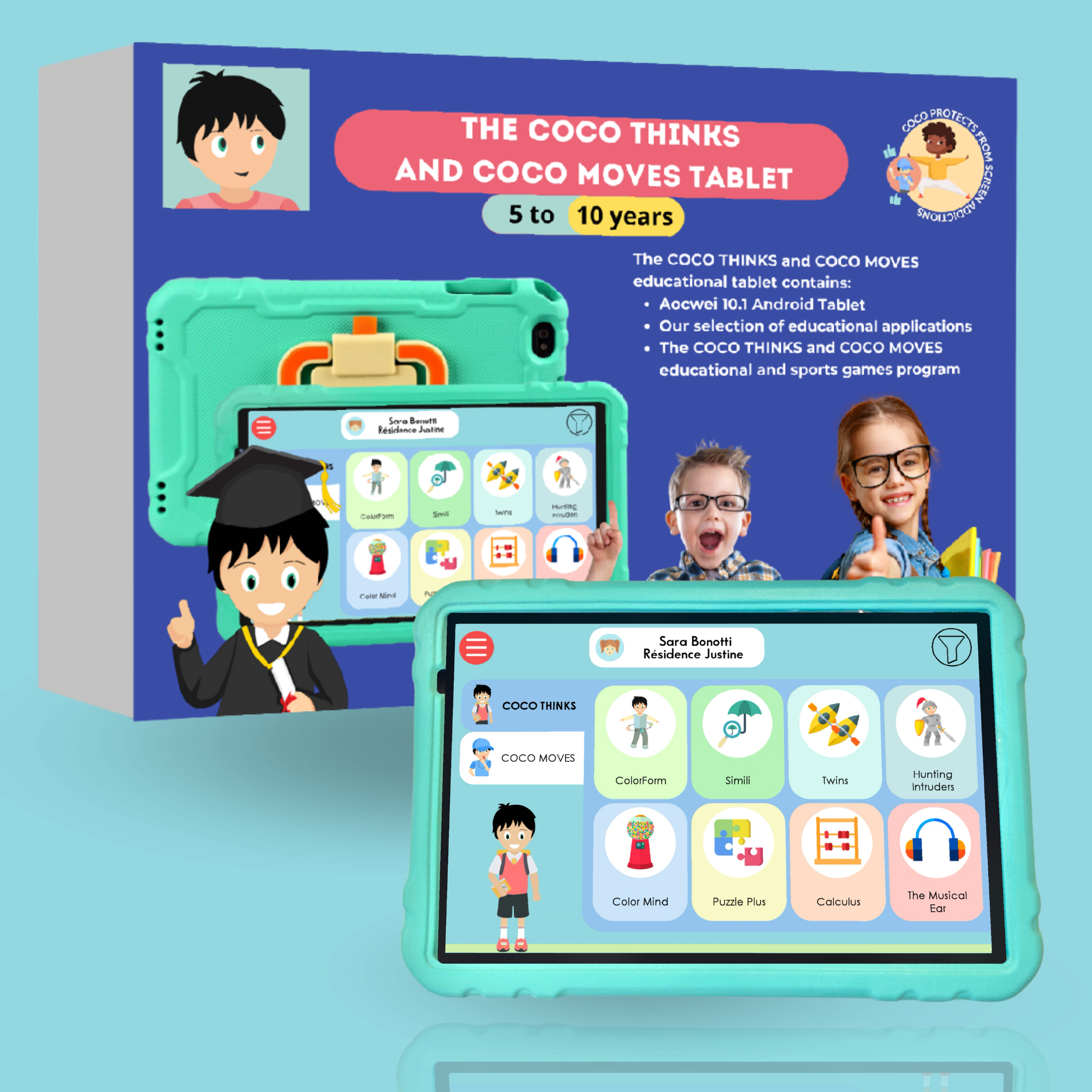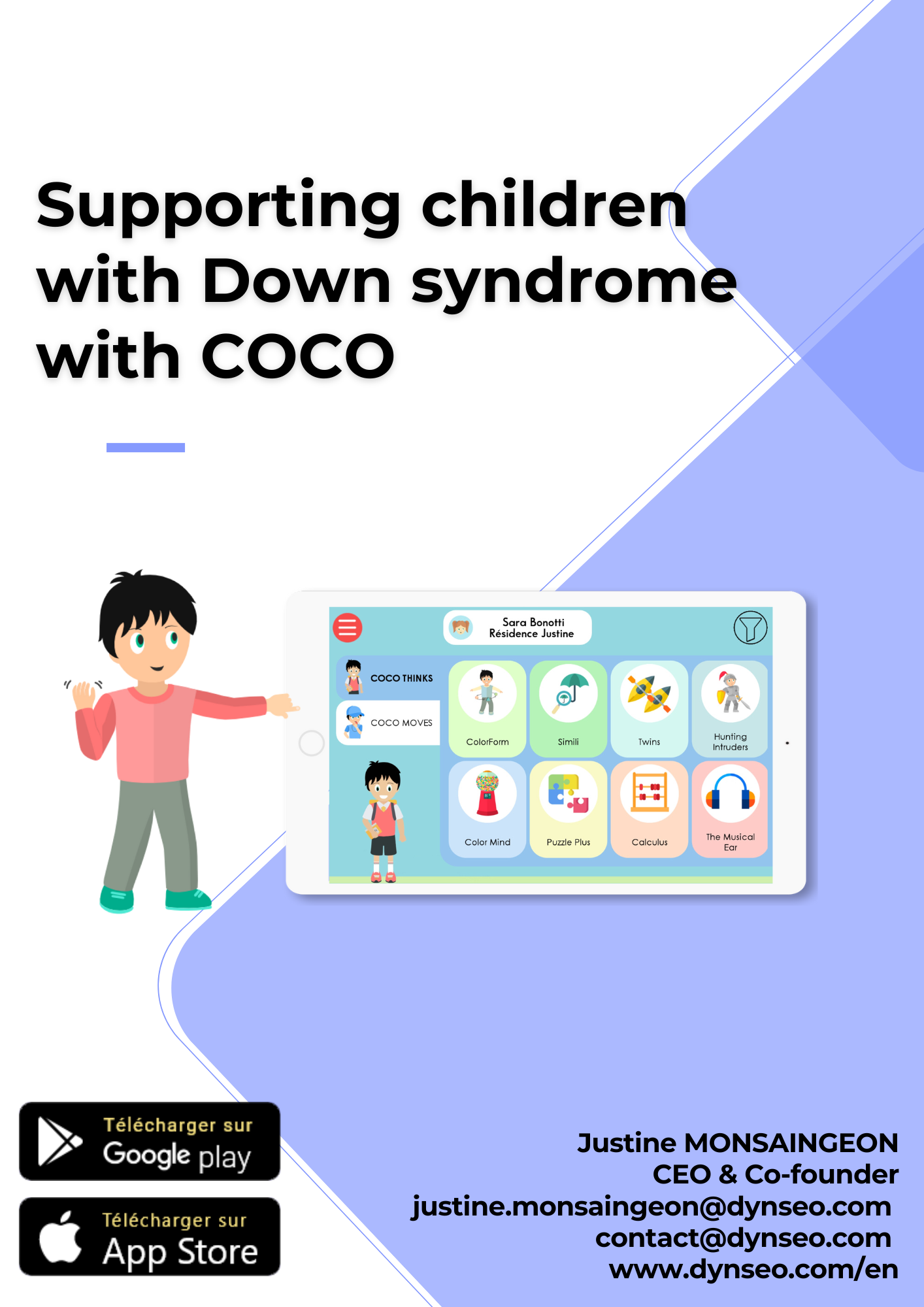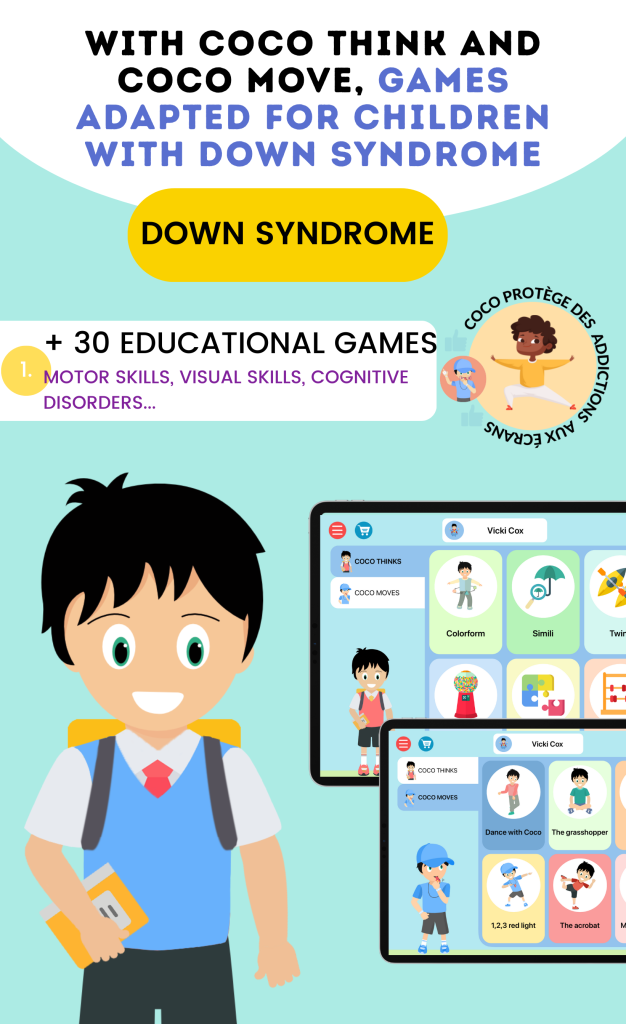As we delve into the world of Down syndrome, it becomes essential for us to grasp the nuances of cognitive function associated with this condition. Down syndrome, a genetic disorder caused by the presence of an extra chromosome 21, affects individuals in various ways, particularly in their cognitive abilities. We recognize that each person with Down syndrome is unique, and their cognitive function can range from mild to moderate intellectual disability.This variability means that we must approach each individual with an open mind, ready to understand their specific strengths and challenges. In our journey to comprehend cognitive function in individuals with Down syndrome, we must also consider the impact of early intervention and educational support. Research has shown that children with Down syndrome can benefit significantly from tailored educational programs that focus on their unique learning styles.By fostering an environment that encourages exploration and curiosity, we can help these individuals develop essential skills and reach their full potential. It is crucial for us to remain informed about the latest findings in this field, as they can guide us in providing the best support possible.
Creating a Stimulating Environment
Creating a stimulating environment is vital for nurturing the cognitive development of individuals with Down syndrome. We can start by designing spaces that are rich in sensory experiences, incorporating various textures, colors, and sounds. By engaging multiple senses, we can capture their attention and encourage exploration.For instance, we might consider using tactile toys, colorful art supplies, or even musical instruments to create an atmosphere that invites interaction and learning. Moreover, we should strive to make our environments predictable yet dynamic. While consistency is essential for individuals with Down syndrome, introducing new elements gradually can spark curiosity and motivation.We can rotate toys and activities regularly to keep things fresh and exciting. By doing so, we not only stimulate cognitive function but also foster a sense of autonomy as they learn to navigate their surroundings confidently.Using Visual Aids and Tools

Engaging in Physical Activities
Physical activity is not only essential for overall health but also plays a significant role in cognitive development for individuals with Down syndrome. We can encourage participation in various physical activities that promote coordination, balance, and strength. Whether it’s swimming, dancing, or playing team sports, engaging in physical exercise helps improve motor skills while also providing opportunities for social interaction.Moreover, we should recognize the importance of making physical activities enjoyable and inclusive. By creating a supportive environment where everyone feels welcome, we can foster a sense of belonging and motivation. Group activities can be particularly beneficial as they encourage teamwork and communication skills.As we engage in these activities together, we not only promote physical health but also strengthen our bonds and create lasting memories.◆ ◆ ◆
Encouraging Social Interaction
Social interaction is a fundamental aspect of human development, and it holds particular significance for individuals with Down syndrome. We must actively encourage opportunities for social engagement, whether through structured activities or informal gatherings. By facilitating interactions with peers and family members, we help them develop essential social skills such as communication, empathy, and cooperation.In our efforts to promote social interaction, we should also be mindful of creating inclusive environments where everyone feels valued. This may involve organizing playdates, community events, or group outings that cater to diverse interests. By fostering connections among individuals with Down syndrome and their peers, we contribute to building a supportive network that enhances their social experiences and overall well-being.Implementing Routine and Structure

Providing Opportunities for Learning and Growth
To foster learning and growth in individuals with Down syndrome, we must provide diverse opportunities that cater to their interests and strengths. We can explore various educational approaches that emphasize hands-on learning experiences. Whether through arts and crafts, science experiments, or cooking activities, engaging them in practical tasks allows them to develop new skills while having fun.Furthermore, we should celebrate their achievements, no matter how small they may seem. Positive reinforcement plays a vital role in motivating individuals with Down syndrome to continue learning and exploring new challenges. By acknowledging their efforts and progress, we instill a sense of pride and confidence that encourages them to pursue further growth.◆ ◆ ◆




